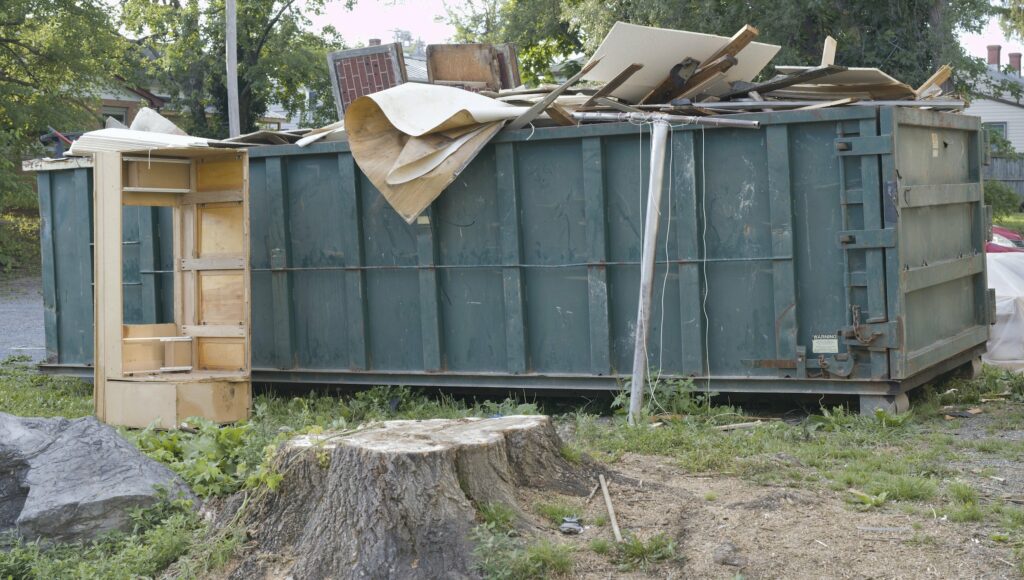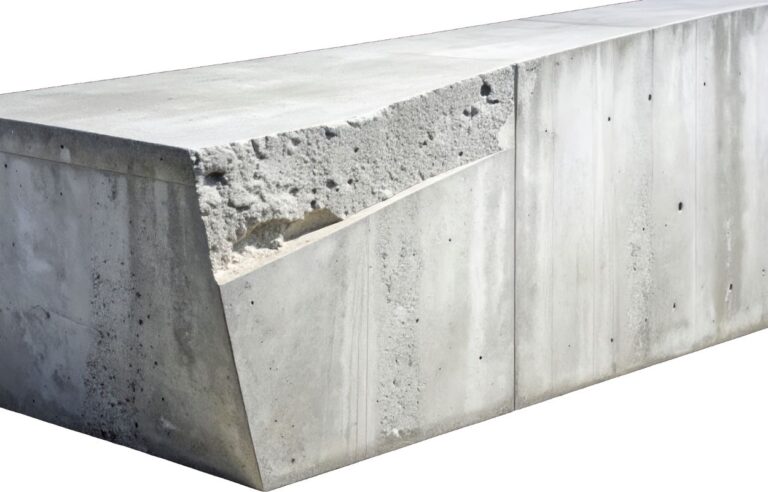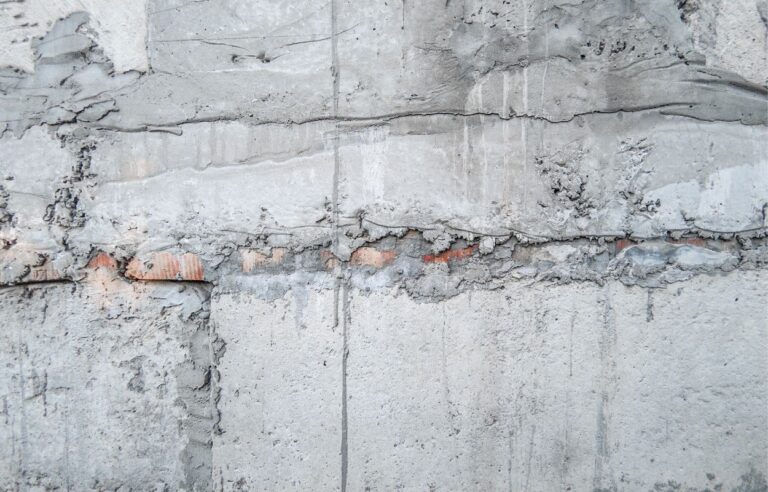
When it comes to renovating or tearing down a home, deconstruction is becoming an increasingly popular method. Deconstruction involves carefully taking apart a building or structure piece by piece, removing and salvaging materials for reuse in other projects. This approach offers many benefits when compared to traditional demolition techniques. Let’s take a look at some of these benefits so you can decide if deconstruction is the best method for your next project.
ENVIRONMENTAL SUSTAINABILITY
The most obvious benefit of deconstruction is environmental sustainability. By removing and salvaging materials, less waste ends up going into the local landfills. This can help reduce the impact of construction on the environment. It is also environmentally beneficial because it can help save resources like energy that would otherwise be used to create new materials from scratch. Furthermore, any usable material that is recovered can then be reused on another project or sold for reuse elsewhere, further reducing the amount of waste generated during renovations. There are so many ways that deconstruction can help reduce environmental impact that it is no wonder some municipalities are making deconstruction mandatory for renovation and demolition projects.
COST SAVINGS
Deconstruction can also offer you savings in terms of labor costs. By carefully taking apart structures instead of simply bulldozing them, you can potentially save a great deal of money on labor costs since less time and resources are needed to remove the material. Additionally, salvaged materials may be sold or reused, which can further reduce costs associated with renovations. If you are reusing things, you will have fewer purchases to make when rebuilding. Not only that, but there are often fees associated with leaving materials and other kinds of waste at local landfills. By minimizing trash, you will also be minimizing the costs of dumping.
EXTRA INCOME
Finally, deconstruction can provide a source of income for those involved in the project. Salvaged materials have value and can be sold to suppliers or customers who will pay for them. This can help offset some of the cost associated with remodeling projects while also providing an additional source of revenue for those involved in the project.
In conclusion, deconstruction offers many benefits when it comes to renovations. Not only can it reduce the environmental impact of renovation projects, but it can also lead to savings in terms of labor costs and provide an additional source of income. For these reasons, deconstruction should be seriously considered when planning a renovation project. Some cities have already made deconstruction mandatory, which means that other municipalities may follow the trend soon. It is important to consider all of the benefits that deconstruction provides before making any decisions about your next project.
We hope this article was helpful in teaching you about the benefits of deconstruction for renovations. If you want to learn more or have any questions about your next deconstruction project, please don’t hesitate to contact us today. We would be happy to chat with you and provide you with some answers. Thanks for reading!





